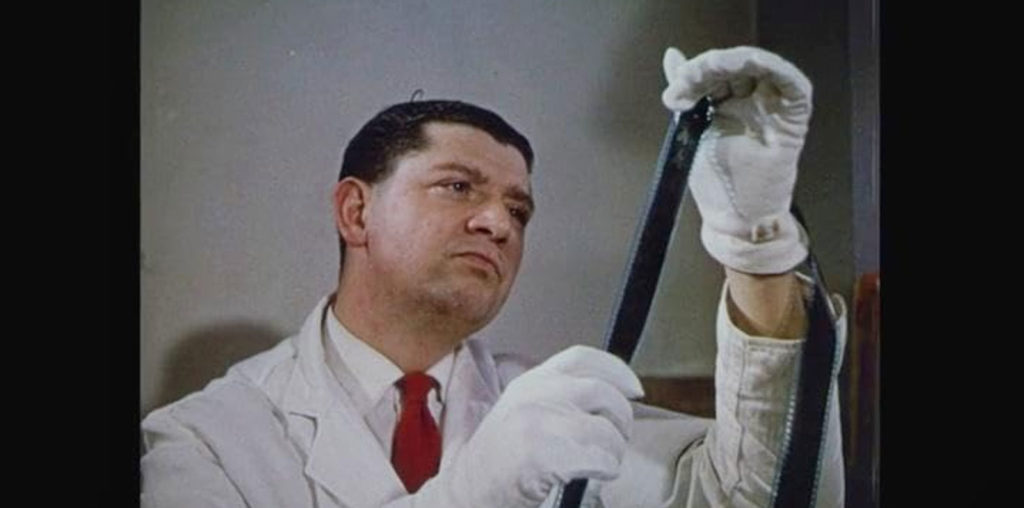
Long considered synonymous with empty Hollywood razzle-dazzle, director Joel Schumacher seems increasingly determined to prove his artistic worth. After getting down-and-dirty with last year’s lurid (and little else) “8MM,” Schumacher returns with an even more unlikely — and blatantly “different” — project: the Dogme 95-inspired (!) Vietnam War (!!) film “Tigerland.” The resulting film isn’t as disastrous as one would expect, but it’s likely not going to reverse any negative opinions of the filmmaker.
In fact, “Tigerland” will only reinforce one of the biggest complaints regarding Schumacher’s work: that it’s all about the look, not the material. The herky-jerky handheld camera work, grainy images, and all-natural lighting borrowed from the Danish manifesto of cinematic “chastity” plus the cast of largely unrecognizable faces lends the film an air of authenticity, but only that — an “air,” as inert and superficial as the term suggests. The same can also be said about Ross Klavan and Michæl McGruther’s screenplay.
Although in essence a Vietnam War story, the film ends right as its focal group of soldiers is shipped off to ‘Nam, focusing instead on the stateside training of a bunch of young grunts, whose grueling experience culminates at the Louisiana-based simulated combat zone of Tigerland. Klavan, an Army veteran, used his real-life Tigerland training experience as a foundation for the script, and the day-to-day grind of the training as depicted rings true: the harsh verbal and physical abuse inflicted by the superiors; the petty tensions that arise between soldiers. But this is nothing that hasn’t already been shown in countless other war films, and after a while these scenes blend into each other, and one is forced to look deeper to maintain interest — and what one finds is a trite, hollow center.
“Tigerland” is pretty much the story of Privates Bozz (Colin Farrell) and Paxton (Matthew Davis), who bond and become best friends during training at Fort Polk, Louisiana sometime in 1971. Paxton is a wannabe writer who wants to go to war for the mere experience of it. Bozz, on the other hand, wants out of the army, and his frequent acts of disobedience increasingly run him afoul of his superiors and some fellow trainees, namely Private Wilson (Shea Whigham). And…that’s about it. Paxton is continually exposed to the brutal reality of war; Bozz continually rebels by cooking up excuses for others to get discharged and making smartass remarks to anyone within earshot, which prompts angry looks from the likes of Wilson. Drama? I think not.
But there is a diamond in the rough of “Tigerland,” and that is Farrell. A talented newcomer with genuine presence, Farrell is able to suggest some complexity in a character that is written without any (which is the case with just about every single role). He is a true find whose promise should be more fully realized in films far better than “Tigerland”.
